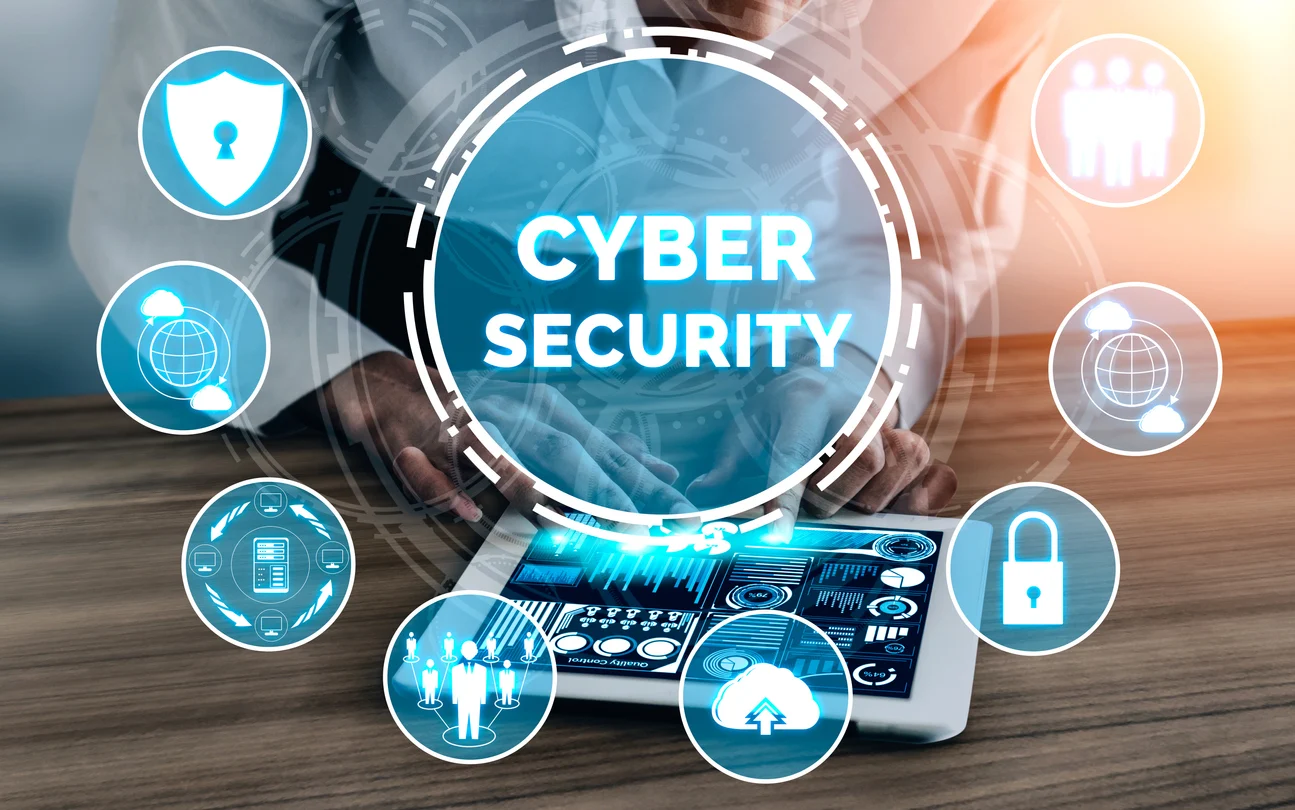Do You Need a Degree for Cyber Security? ,The ever-evolving landscape of cyber threats makes cybersecurity one of the most in-demand fields today. If you’re interested in a career protecting sensitive data and systems from malicious actors, you might be wondering: do you need a degree to break into cybersecurity?
The answer, like most things in life, isn’t a simple yes or no. While a degree can provide a valuable foundation and open doors to certain opportunities, it’s not the only path to success in this dynamic field.
The Benefits of a Degree
A degree in cybersecurity or a related field, such as computer science or information technology, offers several advantages:
- Solid Foundations: A degree program provides a comprehensive understanding of the core principles of cybersecurity, including networking, cryptography, operating systems, and risk management. This theoretical knowledge is crucial for tackling complex security challenges.
- Credibility and Recognition: A degree from a reputable university can serve as a valuable credential, giving you an edge over candidates without formal education. Many employers, especially large corporations and government agencies, prioritize candidates with degrees.
- Specialization and Focus: Degree programs often offer specializations in specific areas of cybersecurity, such as penetration testing, incident response, or security architecture. This allows you to tailor your education to your interests and career goals.
- Networking Opportunities: Universities often have strong connections with industry professionals, providing access to internships, job fairs, and mentorship opportunities. These connections can be invaluable for landing your first cybersecurity job.
Alternative Paths to Success
While a degree can be a helpful asset, it’s not the only way to launch a successful career in cybersecurity. Several alternative paths can lead you to your desired destination:
- Certifications: Industry-recognized certifications, such as those offered by CompTIA, (ISC)², and SANS Institute, validate your skills and knowledge in specific security domains. Earning relevant certifications can demonstrate your expertise to potential employers and compensate for the lack of a formal degree.
- Bootcamps: Cybersecurity bootcamps offer intensive, accelerated training programs that equip you with the practical skills needed to enter the workforce quickly. These programs are often shorter and more affordable than traditional degree programs, making them a good option for career changers or those seeking a fast track into the field.
- Self-Learning: The beauty of cybersecurity is that it’s a field where self-directed learning and hands-on experience can be incredibly valuable. Online resources, tutorials, and open-source projects can provide a wealth of knowledge and opportunities to hone your skills. Building personal projects and participating in online communities can showcase your passion and skills to potential employers.
The Importance of Skills and Experience
Ultimately, regardless of your educational background, your skills and experience will be the key factors that determine your success in cybersecurity. Employers are looking for individuals who can:
- Think critically and solve problems: Cybersecurity is a problem-solving field at its core. You need to be able to analyze complex situations, identify vulnerabilities, and develop effective solutions.
- Stay up-to-date with the latest threats: The cybersecurity landscape is constantly evolving, so it’s crucial to stay ahead of the curve by learning about new threats and vulnerabilities.
- Adapt and learn new things: The ability to learn quickly and adapt to new technologies is essential for success in any fast-paced field, especially cybersecurity.
- Communicate effectively: Cybersecurity professionals need to be able to communicate complex technical concepts clearly and concisely to both technical and non-technical audiences.
The Final Verdict
So, do you need a degree for cyber security? The answer is: it depends. While a degree can provide a valuable foundation and open doors, it’s not the only path to success. With the right skills, experience, and dedication, you can build a thriving career in cybersecurity even without a formal education.
